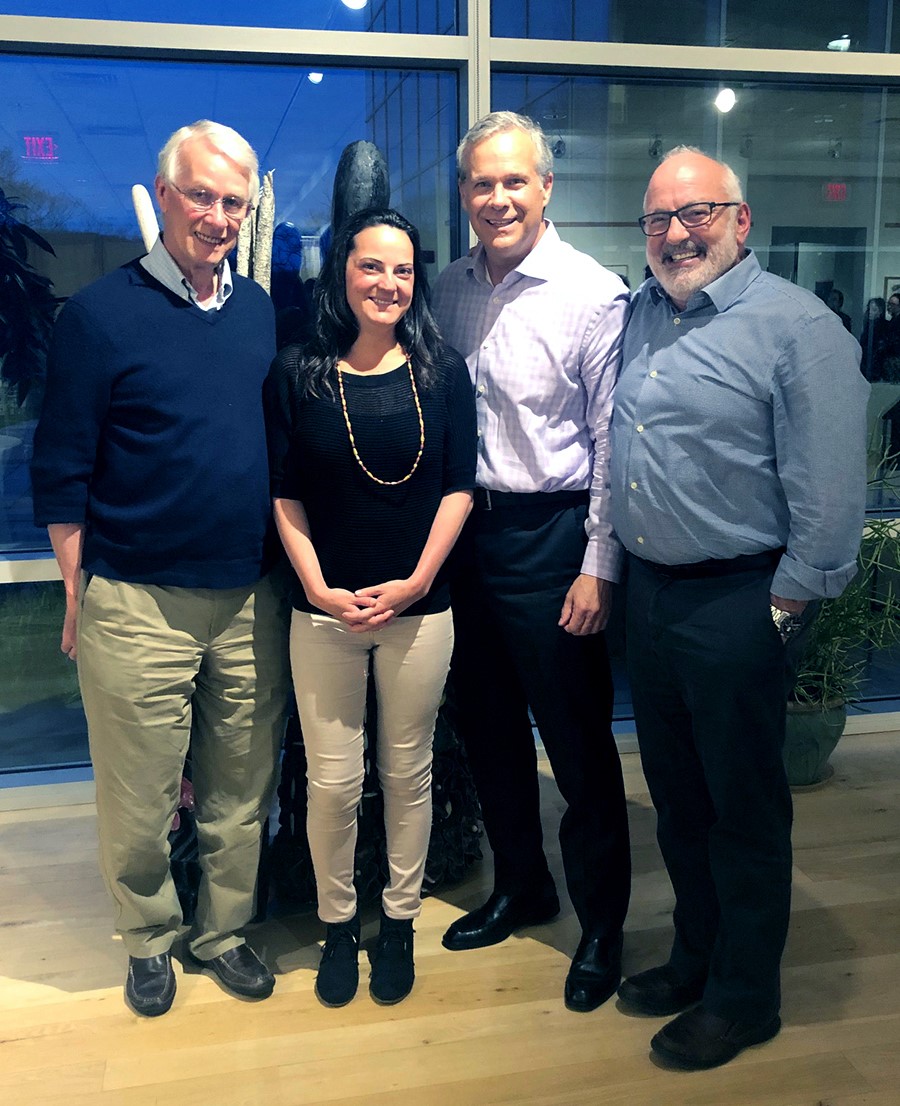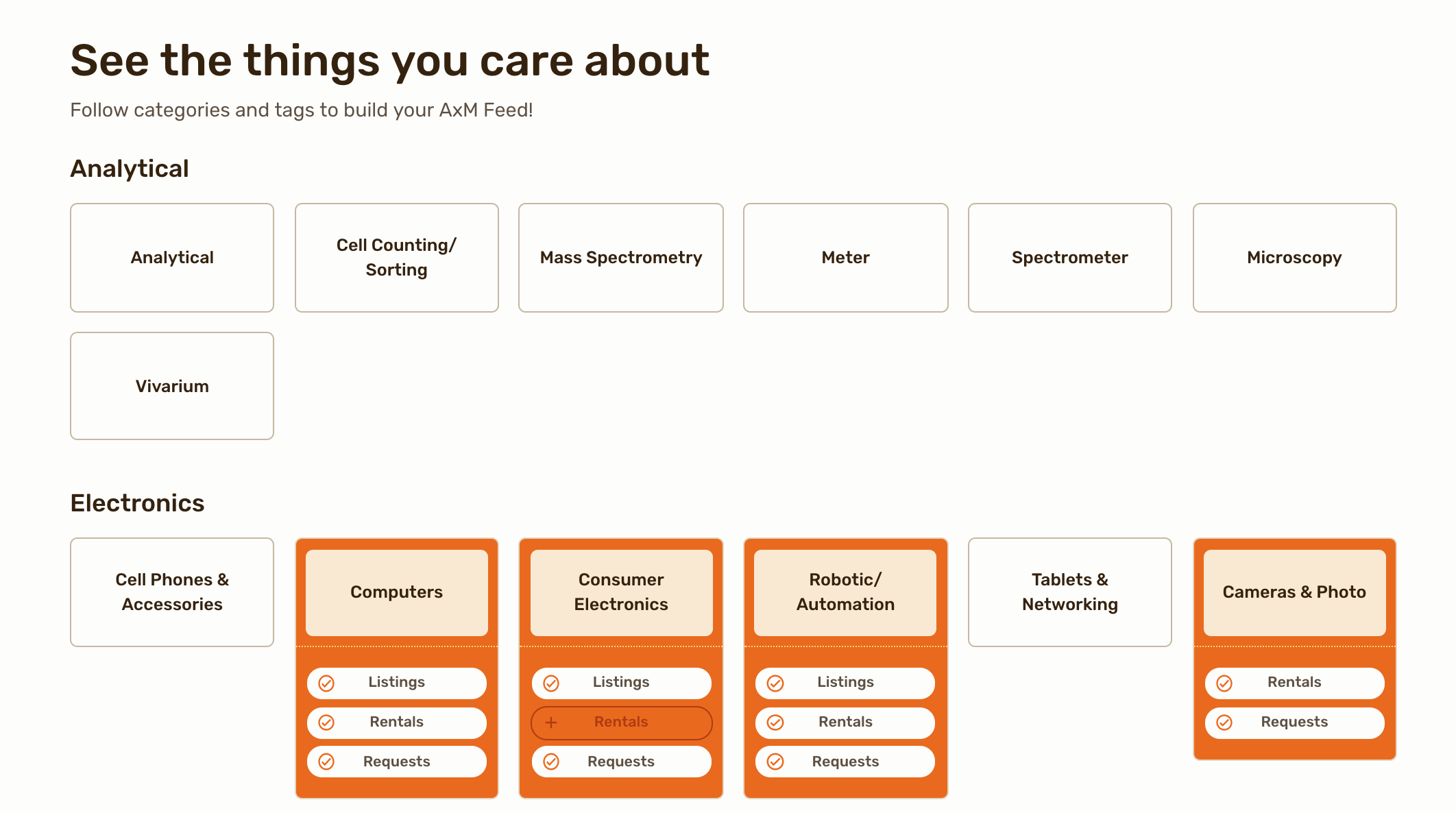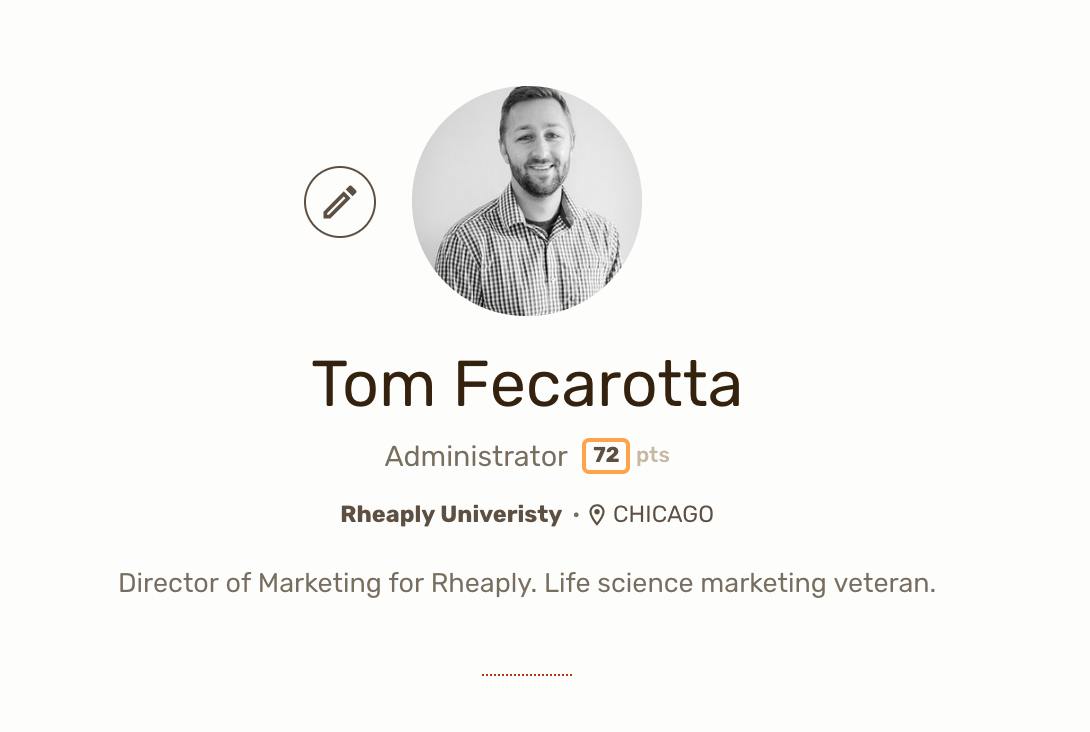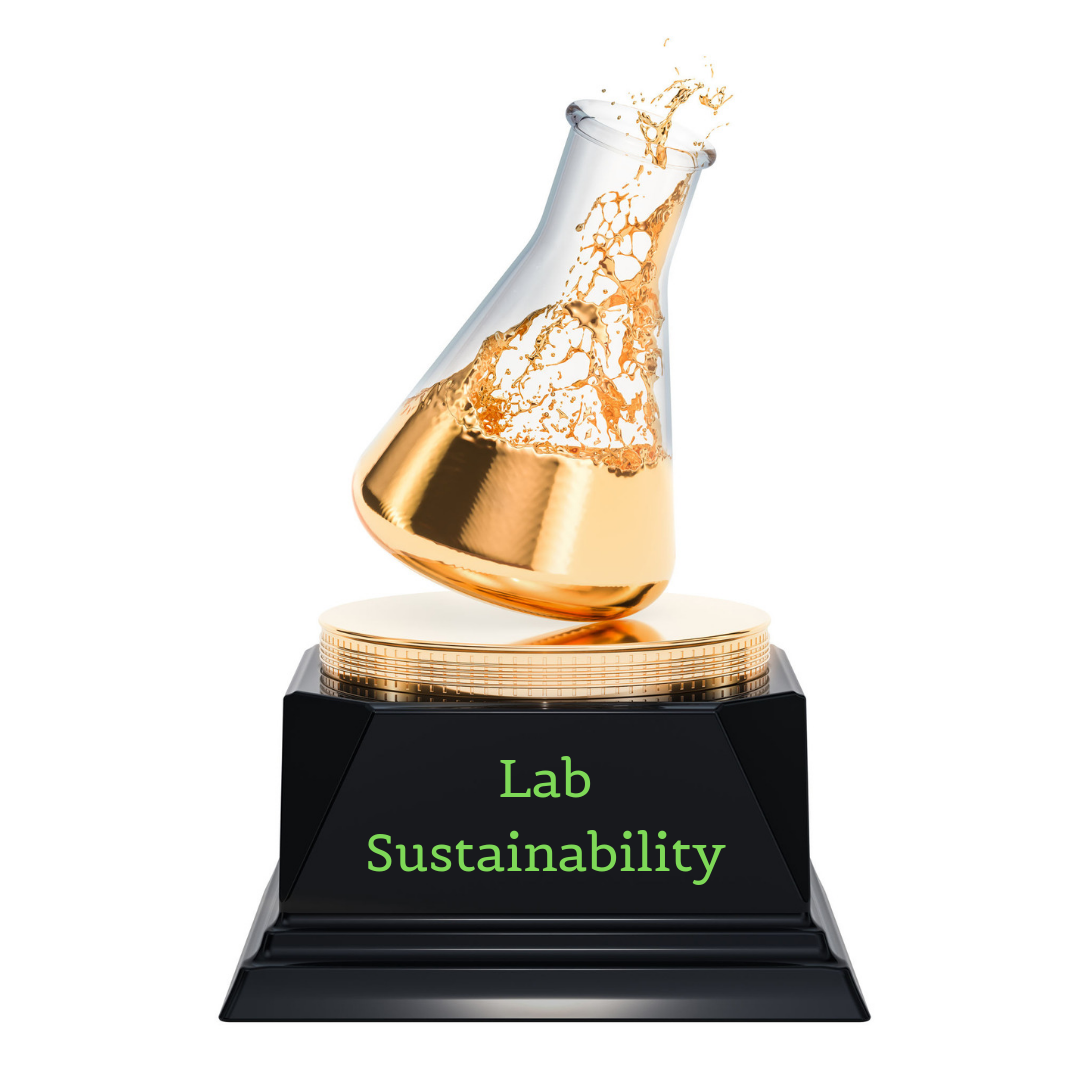MIT uses a state-of-the-art platform for redistributing lab surplus and a top-notch lab plastic recycling program. MIT research is also at the center of a renewable energy source being deployed to green the grid. It may sound far-fetched, but your future lab could be powered by fuel from seawater.
Read MoreA Garden to Inspire Sustainability at King’s College London
Biologists often collaborate with non-scientists to improve environmental footprints. Events and spaces that remind us of our place in nature are a great way to connect everyone in a school or workplace to sustainability goals. Megan Williams, was a Research and Core Team Technician in the School of Cardiovascular and Metabolic Medicine & Sciences at Kings College London, when she saw an empty outdoor space on her urban campus and envisioned a community garden for fellow biologists, students, staff, and campus workers.
Read MoreRecap of the My Green Lab Summit 2023
More scientists than ever are working to make sustainability the ‘default mode’ for lab work - but this transformation will accelerate when everyone has access to best practices. Twelve hundred people from fifty-nine countries registered for the My Green Lab Annual Summit. We’ll take a look at a few of the summit sessions pertinent to life science and show you where to view all the sessions.
Read MoreSpotlight: Life Science Organizations That Are Nailing Sustainability
In this blog, Labconscious is spotlighting four life science phenoms modeling lab sustainability for universities, government research institutions, pharma, and clinical research lab services.
Read MoreThe Pipette Repair Shop
Do you have a pipette graveyard drawer in your lab? Learn from University of Bristol’s Clara Brigitta how circular economy principles can be applied in laboratories to reduce their environmental impact.
Read MorePhoto Credit: U of Toronto Trash Team
Home Waste Audit designed by ecologists helps to reduce plastic pollution
In this interview with Susan Debreceni, learn how ecologists from the University of Toronto Trash Team developed a science-based Home Waste Audit to help people find ways to reduce plastic pollution in ecosystems.
Read MoreThe University of Bristol is building on its success with LEAF to achieve 100% green laboratories
A group of U.K. research universities is quantifying carbon and cost-saving and targeting scientific reproducibility to reduce waste using The Laboratory Efficiency Assessment Framework (LEAF). Excitingly, the University of Bristol plans to expand LEAF institution-wide and certify every lab green! This endeavor is an exceptional opportunity for early-career scientists to gain lab optimization skills and become more competitive for industry jobs and research grants.
Read MoreThe Digesterponic System from the University of California San Diego can recycle food waste for an urban Garden Oasis
Truly, community gardens are beautiful, peaceful places that allow us to connect with nature and contribute to our neighborhoods. That’s part of the reason why the BioEnergy project presentation for the ISC Research Symposium at UCSD caught my eye. I wanted to learn how Agrobiology technology can support food security.
Read MoreEnvironmental stewardship winner Samantha Romanick with New England Biolabs CEO James Ellard, Executive Director Peter Nathan, PhD and Sir Richard Roberts, PhD Chief Scientific Officer and Noble Prize winner.
Refill not landfill: The Campus Refill Initiative
Molecular biology grad student Samantha Romanick brings environmental stewardship to campuses by advancing re-fill and re-use options for all. Read her interview and watch her talk to learn more!
Read MoreUsing Rheaply to beat the odds against sharing lab supplies and scientific equipment
Northwestern University has an ace in the hole when it comes to making good use of lab surplus. Labs at the world-renowned Fineberg Shool of Medicine are now connected via a cloud-based resource-sharing technology, called Rheaply. Rheaply combines the ease of use of social media ease with the marketplace functionality of an ebay. No barcode labels necessary!
Read More














